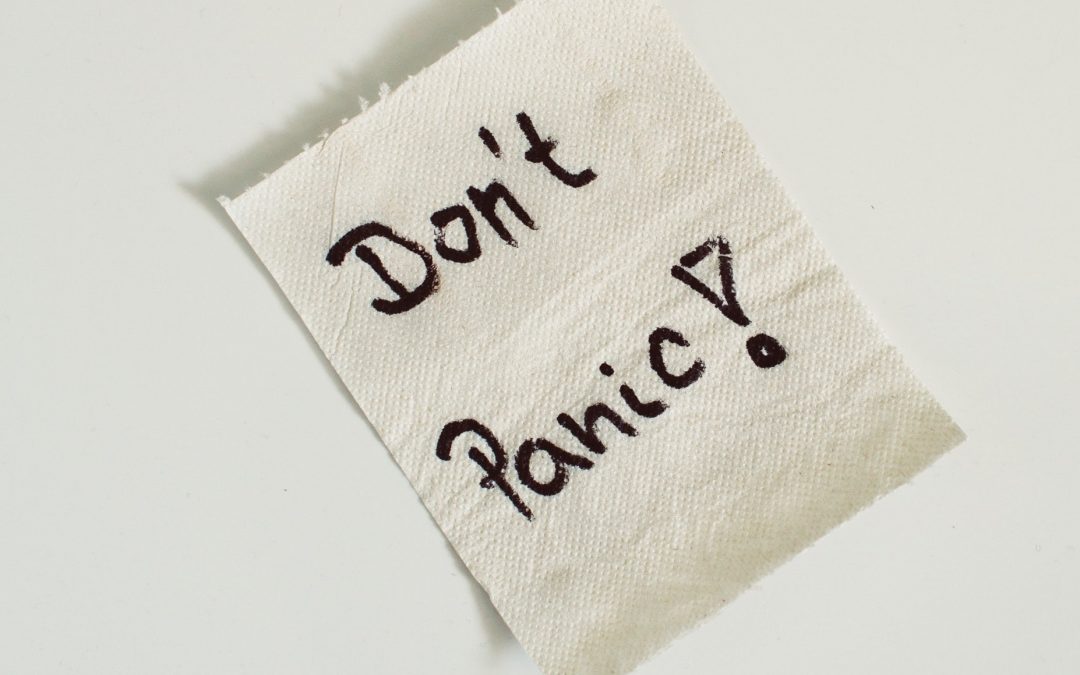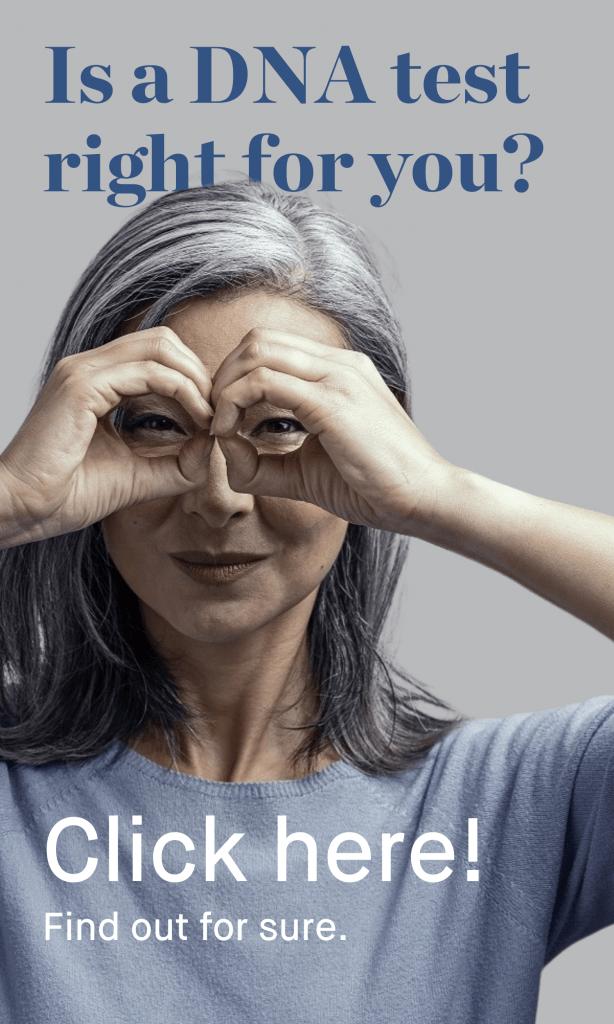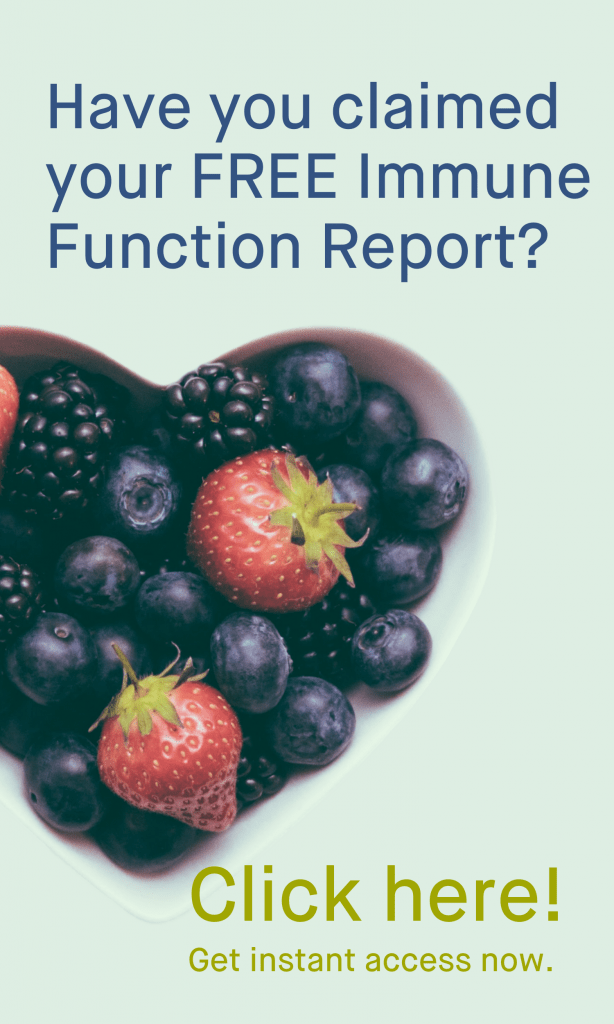Learn how your DNA can alert you to your genetic predispositions and help you mitigate adverse reactions with cannabis.
Has this happened to you?
You’re considering a cannabis product to help manage inflammation and chronic pain. You’ve tried other therapies before, but nothing works for more than a week or two. More than anything, you want a therapy product that’ll let you play Wiffle ball with your niece and nephew at your annual family reunion since they’re growing up fast and you only see them a few times a year.
Two of your good friends swear that a particular cannabis strain helps them manage symptoms just like yours, so you decide to give it a try. You buy pre-rolled cannabis from your local dispensary and go home hoping some relief is in sight.
After you use the cannabis, though, you feel strange. In no time, you start hallucinating and become suspicious that the television is broadcasting your thoughts to the neighborhood. You rush to your room and barricade yourself inside. You stuff towels underneath the door so no one can peer in to watch you. You lie awake for hours too afraid to fall asleep.
When you tell your friends what happened, they think you used too much cannabis and suggest you try a different product. Desperate for some relief from your chronic pain, you take an edible before dinner. You start to panic when the hallucinations begin again and you spend the night locked in your bathroom telling yourself the hallucinations will go away soon.
In the morning, you rule out cannabis therapy entirely and assume all cannabis products will make you hallucinate or make you paranoid. You’re left feeling discouraged and disappointed. You figure you’ll simply have to learn to live with your chronic pain.
In your process of trial and error, though, you’ve overlooked an important component that determines your therapeutic experience with cannabis. Your DNA.
Nearly 50% of the general population is genetically predisposed to experiencing symptoms of psychosis and may be at risk for an adverse event with THC.[1*] In other words, approximately one in every two people may experience hallucinations, paranoia, or delusions due to their genetic makeup.
If you’ve experienced these symptoms as an adverse event with THC, it’s likely because your cannabis therapy is misaligned with your unique genetic profile.
Experiencing adverse events with cannabis is manageable. Think of it like this: the cannabis formulations you’re currently using aren’t optimally compatible with your DNA. To mitigate adverse reactions, you’ll want to use cannabis formulations that don’t trigger your unique genetic predisposition to experiencing symptoms of psychosis.
Below, you’ll learn more about symptoms of psychosis, how cannabis interacts with your genetics, and how you can manage THC adverse events with the right science-backed knowledge and wellness plan.
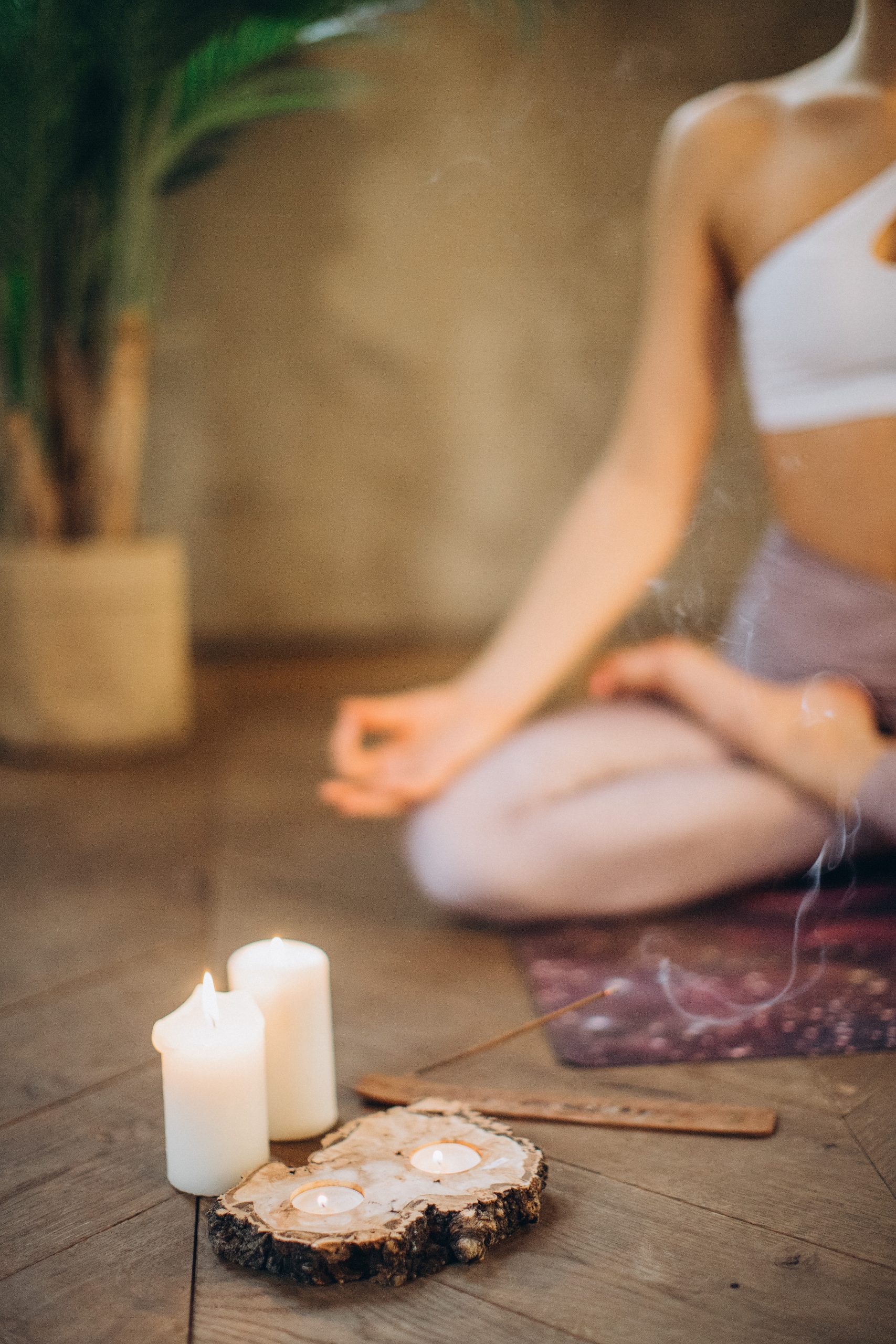
Mindful Free Mindfulness and Stress Management Resources
Mindful is so good, they made our list twice. Scroll through their comprehensive listing of courses and articles to find great information about managing anxiety during COVID-19. They’re offering free access to their premium course, Find Calm and Nourish Resilience, and live guided meditations on Mondays, Wednesdays, and Fridays at 3 pm ET on their Facebook page.
Anxiety Canada – Coping With Coronavirus
Watch the replay of the live town hall hosted on March 26 featuring international experts discussing proven coping strategies for how you can deal with COVID-19. There are also other resources available including the MindShift CBT (Cognitive Behavioral Therapy) program, and information about how to talk to children about COVID-19. For a more comprehesive approach to managing anxiety they also have a free, self-paced My Anxiety Plan online course for children/teens and adults.
Healthline – Best Free Mindfulness Apps
If you’re at home and looking for something to do, it can be easy to fall into the trap of mindless scrolling through social media. With all the misformation about COVID-19 circulating, this can be a quick way to spike your anxiety. Instead, take a look at Healthline’s collection of free mindfulness apps that can help you start and sustain a mindfulness practice. THere’s no better time than now to start connecting with your breath and finding calm in the midst of uncertainty.
Psychology Today – Three Steps to Navigate COVID-19 Anxiety
This article will help you navigate your feelings of anxiety and give you tangible steps to build personal resilience in the face of adversity, and stress. Based on science-backed information from other large disasters and crisis situations, you’re presented with a quick guide to help shift your thinking and discover your own strength.
Mindfulness, Healing, and Wisdom in a Time of COVID-19 Guided Meditation
Researcher, author, speaker, and acclaimed expert Jon Kabat-Zinn is one of the most respected and well-known names in mindfulness. Creator of the Mindfulness-Based Stress Reduction program, used in hospitals and community settings around the world to help people with health-related stress, Kabat-Zinn has over 40 years of experience in this field. Watch and follow this guided meditation video that specifically addresses the stress and unknown of COVID-19.
Between Sessions Free Mindful Coloring Sheets
Art and creative practices can be a powerful outlet for feelings of anxiety and depression. If you don’t feel like making something fo your own from scratch, download and print these free coloring sheets to keep on hand. They’ll keep your mind occupied and provide an alternative to watching Netflix.
4-7-8 Breathing Techniques
Connecting with your breath is one of the easiest and most effective tools for calming your central nervous system. During times of stress, our fight or flight response is triggered, and if this response isn’t slowed or stopped, over time it can cause health issues. The 4-7-8 breathing technique is one that you can do anywhere. It’s easy to learn and backed by evidence that shows just how effective it can be.
Stress Management: Breathing Exercises for Relaxation
Here’s another great resource from the University of Michigan that describes different breathing practices and how they can be incorporated into your daily routine. The guided steps for belly breathing, roll breathing and morning breathing give you options to choose from and decide what works best for you.
Tiny Buddha – Helpful Free Resources
Tiny Buddha is known for its vibrant online community and inspiring daily content that addresses many of the issues we face regularly – stress, anxiety, substance use, addiction, depression, and grief. Their comprehensive listing of free online resources has something for everyone, no matter what you’re going through right now.
Centers for Disease Control – Manage Anxiety and Stress
The Centers for Disease Control and Prevention (CDC) had a variety of resources that can help you manage stress during the COVID-19 pandemic. There is also a comprehensive section of frequently asked questions that you can review to ensure that you have accurate information about the current state of the coronavirus in the United States. Additional resources related to mental health, substance use and trauma are also available on the website.
The Mindful Kind Podcast
Rachel Kable is the gentle, calming voice behind The Mindful Kind Podcast. Each episode is about 10 minutes long and is focused on one specific mindfulness theme or technique. Rachel then provides actionable ways that you can use it in your daily life to help find a sense of calm. Her website also features free worksheets and other tools to help you manage your anxiety, learn more about mindfulness, and find effective ways to mitigate stress.
Player.com – Anxiety Podcasts
Player.com provides a great listing of podcasts about anxiety from a wide variety of different voices. Each podcast will have its own specific focus and may include tips and tools on how to manage anxiety, details about other resources that you can connect with in the online community, and interviews with others who have overcome anxiety. This listing will give you inspiration, and provide you with hours of entertainment while you’re at home.
The MindTrails Project
The MindTrails Project is a clinical research study, looking at behavioral-based interventions to help manage anxiety. Provided you qualify for the study, all you need is a tablet or smartphone, and you’ll gain free access to the online training program. This is a tool that can provide immediate relief, and help build skills for long-term management of anxiety and stress. One great upside is that you’ll help contribute to important research that can make a big difference in the lives of others living with anxiety.
Social Distancing: Tips To Navigate the New Normal
The Baylor School of Medicine has put together some quick tips on how to navigate social distancing. During times of crisis or stress it’s important that we build community and connect with others, but social distancing can make this difficult to see people. Tips and suggestions include using online software such as FaceTime or Skype to connect with friends and family, as well as other ways to manage stress related to anxiety and depression in the face of the coronavirus.
Healthy Eating and Meals During COVID-19
During a crisis it can be easy to fall into a cycle of unhealthy eating. Now more than ever it’s important to nourish your body with nutritious food, because we know that the connection between your gut and your mood is very strong. In fact, up to 70% of the serotonin in your body is created in your large intestine, and this neurotransmitter is responsible for feelings of happiness and elevated mood. The eatright.org website offers lots of practical guidance and advice about how to stick to healthy eating habits during this time.
Tom’s Guide – Best Free Workout Apps
Getting regular exercise is an important part of managing feelings of anxiety and stress. For many people, it can provide an instant boost to their mood and help clear their heads. For coronavirus related anxiety, even just a five-minute walk around the block can go a long ways towards reducing uncomfortable feelings. To take it to the next level, Tom’s Guide to the best free workout apps gives you a comprehensive, detailed breakdown of what’s available on the market. Instead of sitting on the couch all day, take some time to incorporate fitness into your routine with these suggestions.
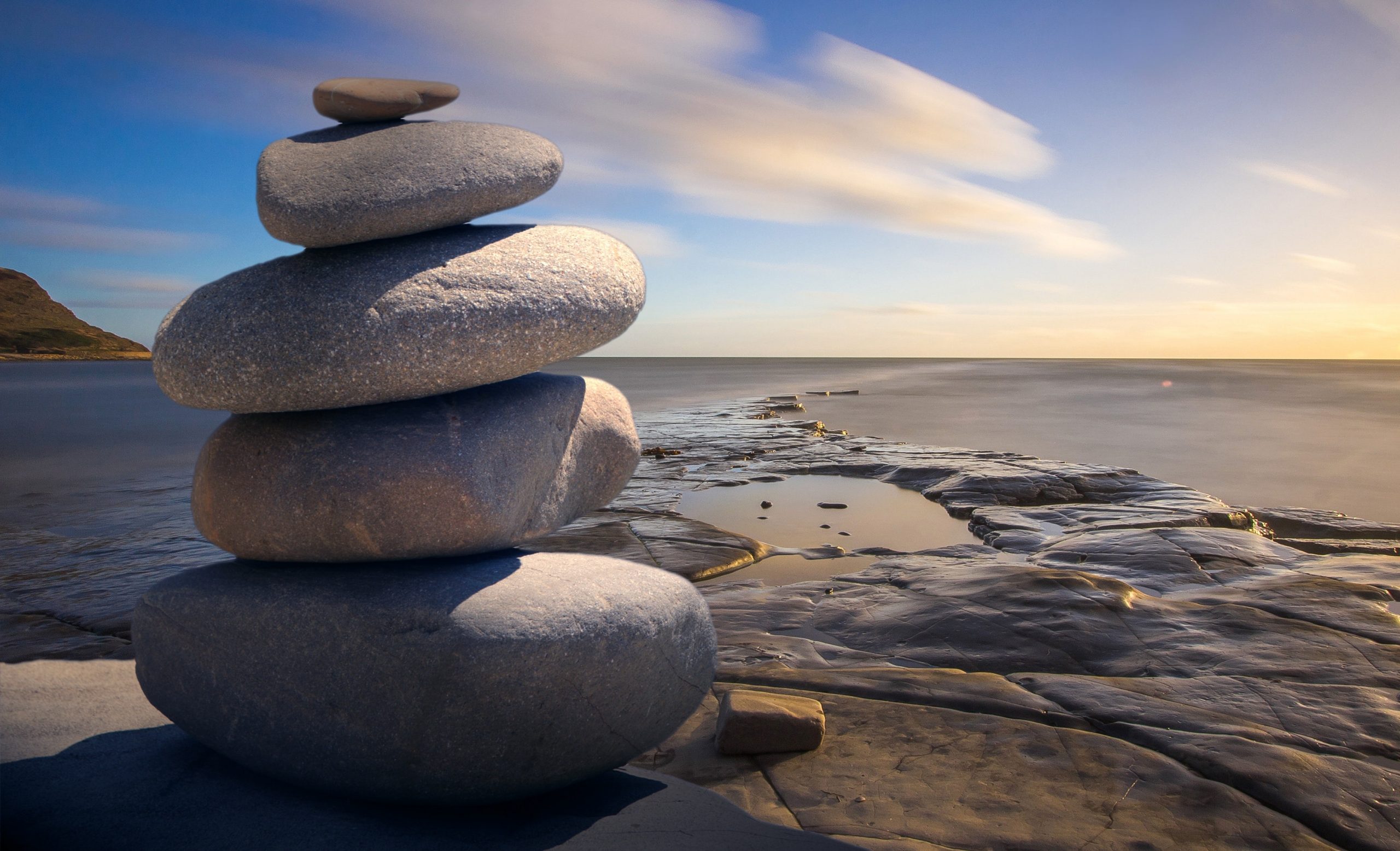
Crisis Services Canada
If you’re having difficulties managing feelings of anxiety during this time, and need to speak to someone, call 1-833-456-4566 or text to 45645. Right now they are experiencing high volumes and longer wait times, however there are additional emergency hotlines in your local community where you can speak to someone directly. If you are in immediate need of assistance or in a life threatening situation call 911.
Mentalhealth.gov – Get Immediate Help
For immediate help in the United States visit mentalhealth.gov for a complete listing of emergency hotlines that you can call if you are in crisis. This includes the National Suicide Prevention Lifeline – call 1-800-273-TALK (8255) – where you can call to speak with someone directly, or start a live online chat. If you are in need of immediate assistance or in a life-threatening situation call 911.
Anxiety and Depression Association of America
The Anxiety and Depression Association of America is a nonprofit organization offering evidence-based resources, and other information to help you navigate the COVID-19 pandemic. With a listing of resources for the public, professionals, and others working on the front lines, this is an invaluable resource with an extensive listing of free programs and services.
Are there other resources that you think should be included? Leave your ideas in the comments and we’ll continue to add your ideas to this post.
Endocanna Health is a biotechnology company committed to helping consumers find the right cannabinoid products to enhance their health and wellness. Using our breakthrough DNA test, Endo·dna, we empower you to take control of your health with access to over 55 different health reports that include suggestions for the best CBD and cannabis products that match your unique genetic code. Visit us here to find out more!

